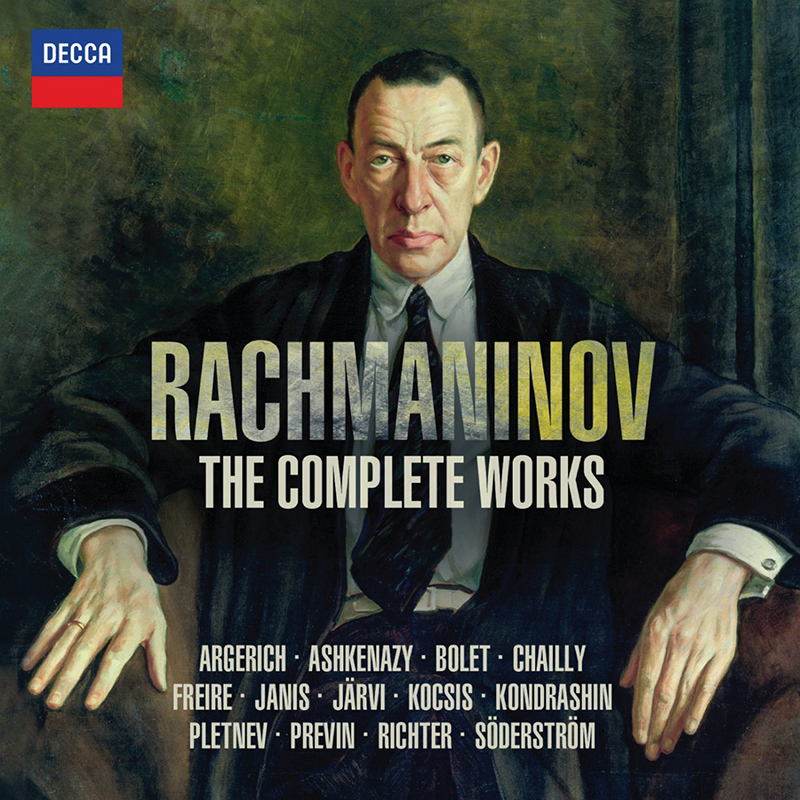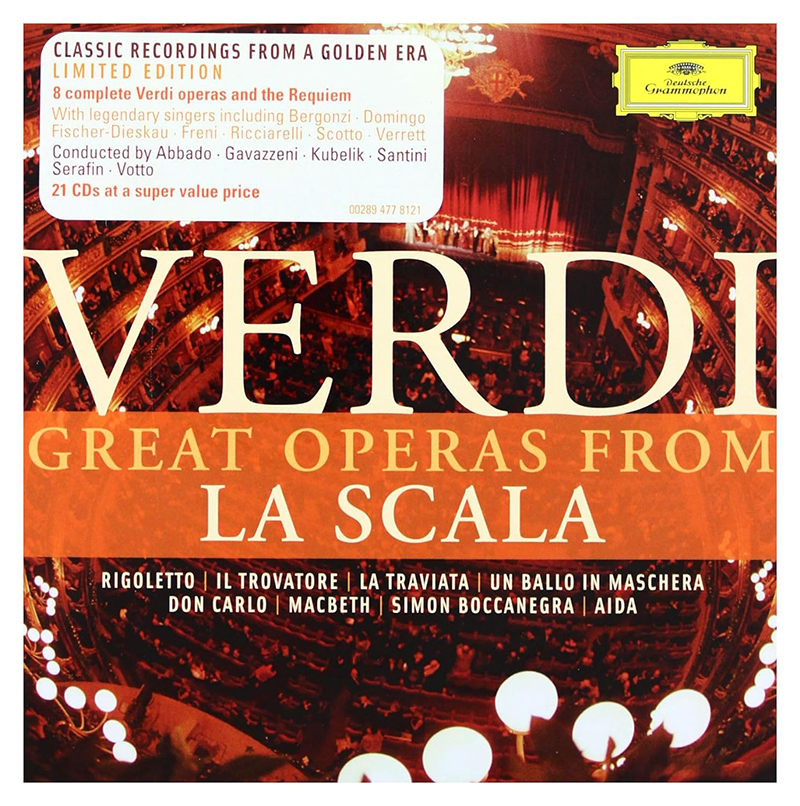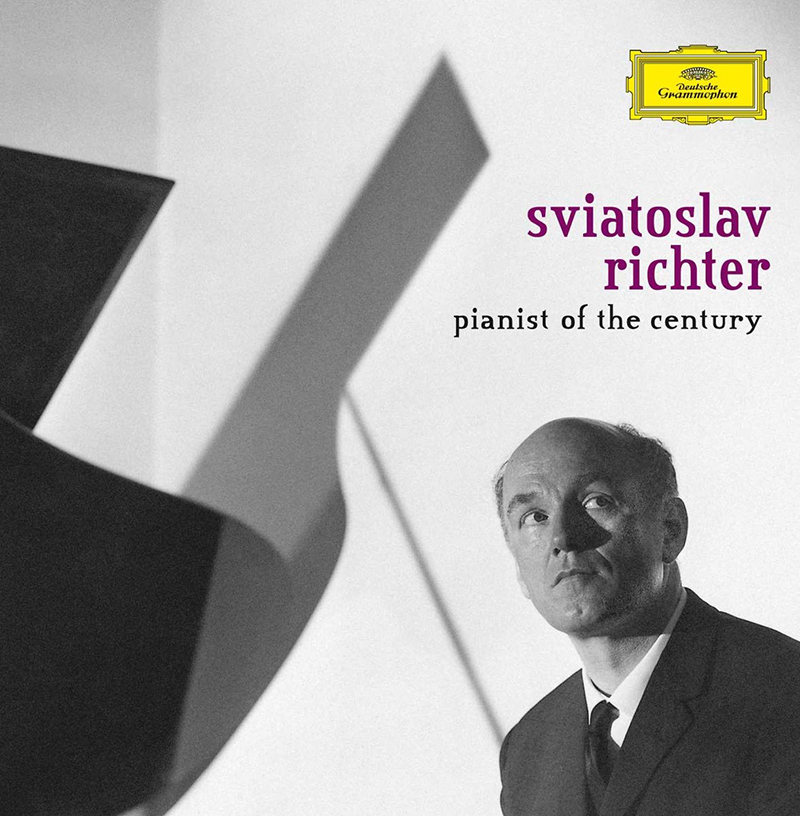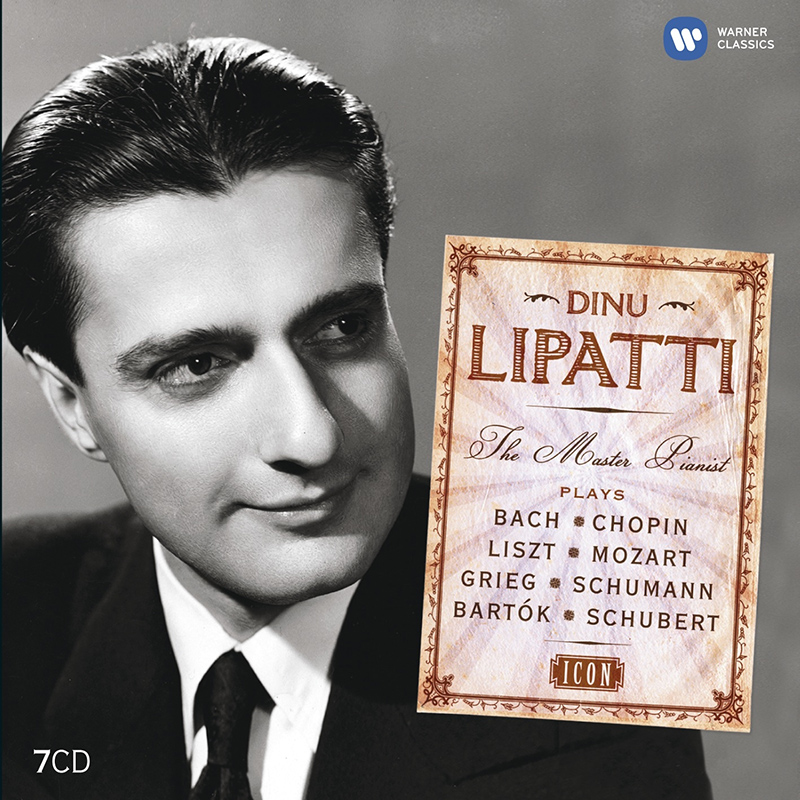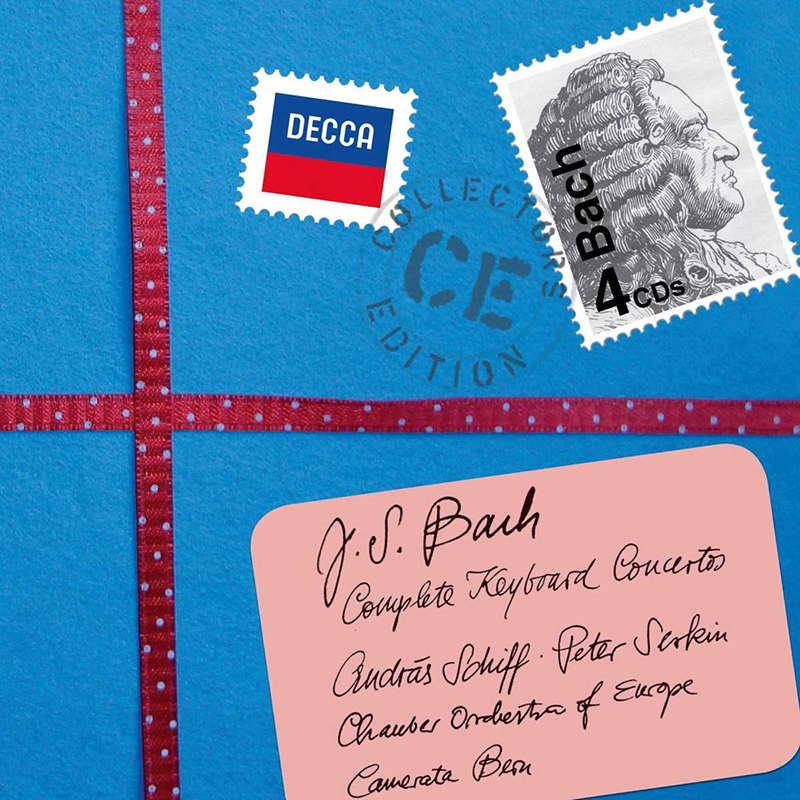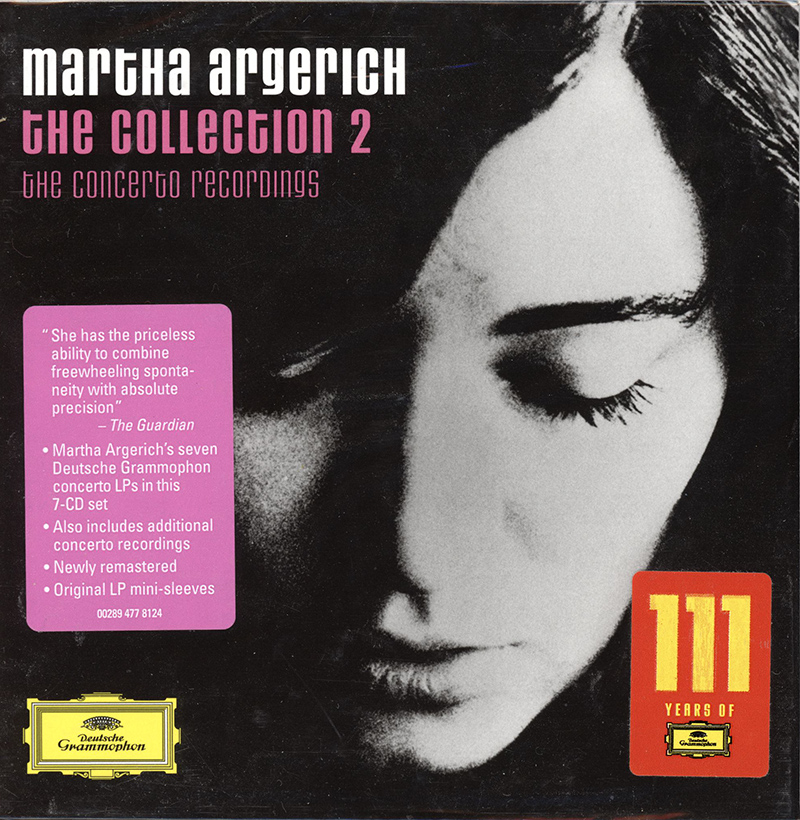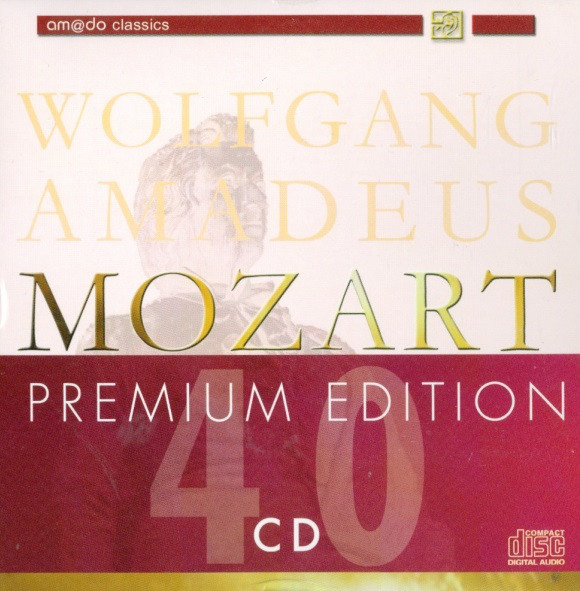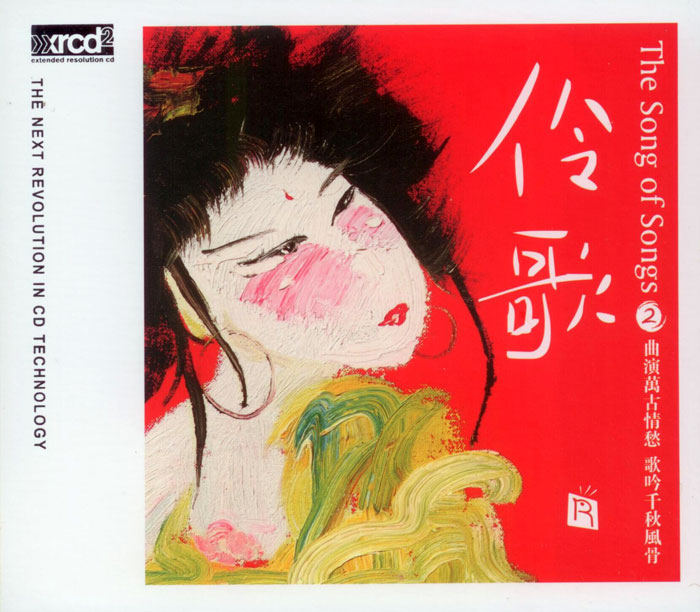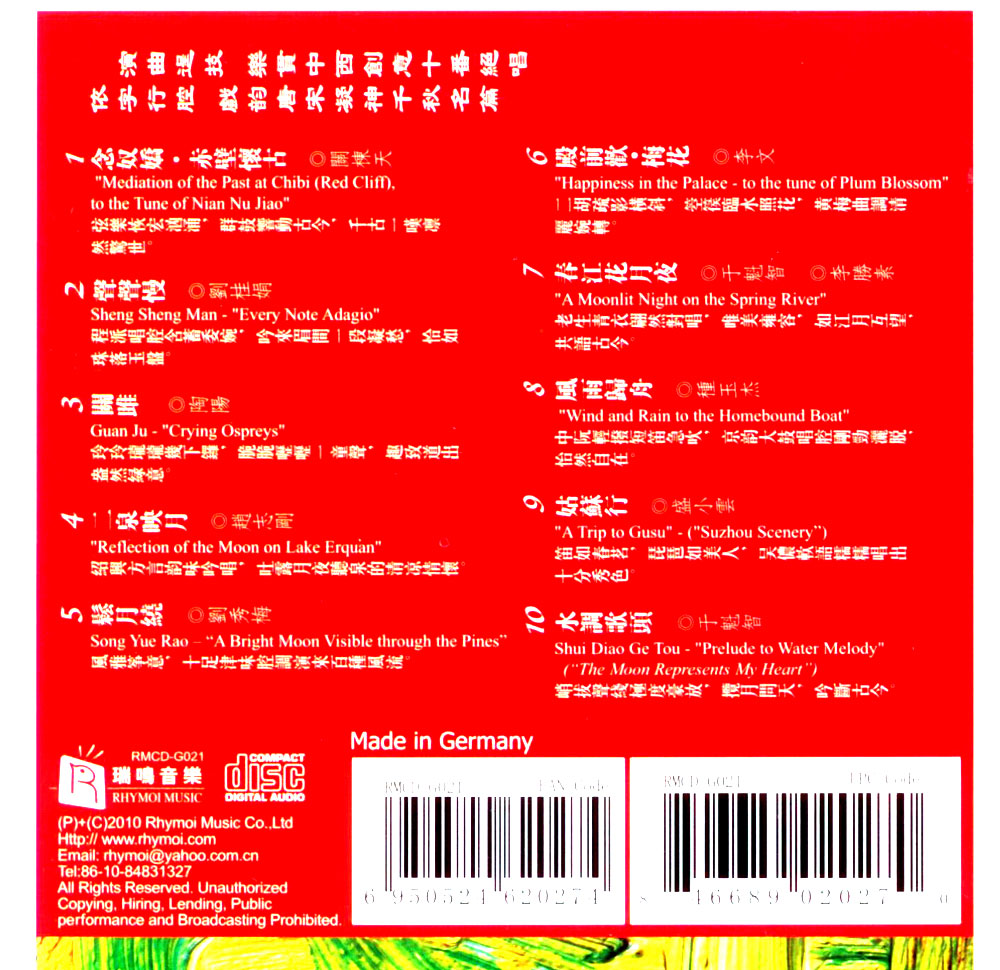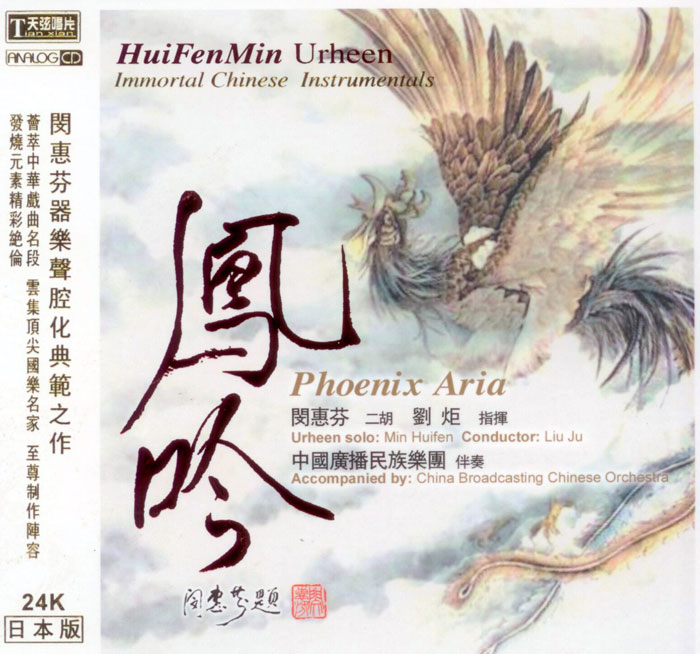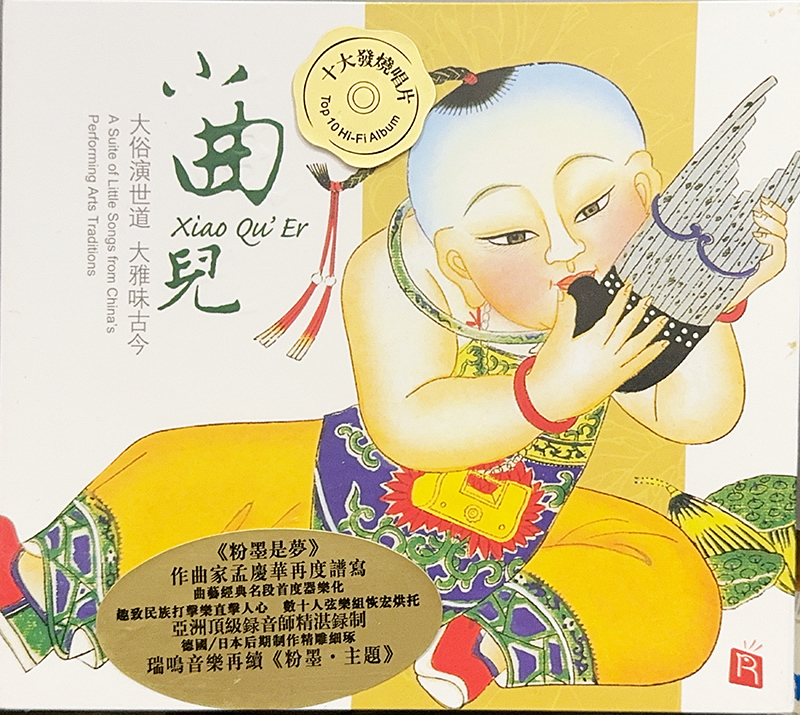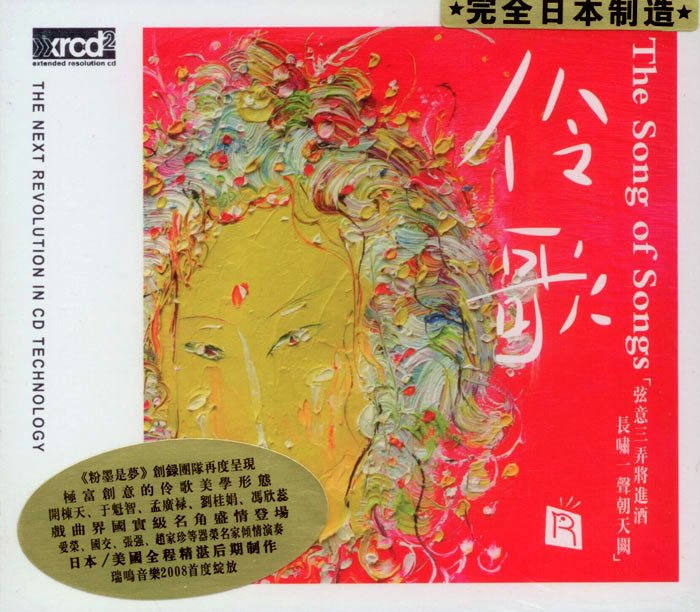Logowanie
KOLEKCJE!
BACH, CHOPIN, LISZT, MOZART, GRIEG, Dinu Lipatti, Otto Ackermann, Ernest Ansermet
The Master Pianist
PROKOFIEV, CHOPIN, TCHAIKOVSKY, SCHUMANN, BEETHOVEN, Martha Argerich, Claudio Abbado, Giuseppe Sinopoli
The Concerto Recordings
The Collection 2
Jakość LABORATORYJNA!
ORFF, Gundula Janowitz, Gerhard Stolze, Dietrich-Fischer Dieskau, Deutsche Oper Berlin, Eugen Jochum
Carmina Burana
ESOTERIC - NUMER JEDEN W ŚWIECIE AUDIOFILII I MELOMANÓW - SACD HYBR
Winylowy niezbędnik
ClearAudio
Essence MC
kumulacja zoptymalizowana: najlepsze z najważniejszych i najważniejsze z najlepszych cech przetworników Clearaudio
Direct-To-Disc
PIAZZOLLA, ChamberJam Europe
Tangos del Ángel y del Diablo
Direct-to-Disc ( D2D ) - Numbered Limited Edition
Meng Qinqhua
Timeless Songs of Melancholy from the Chinese Theater
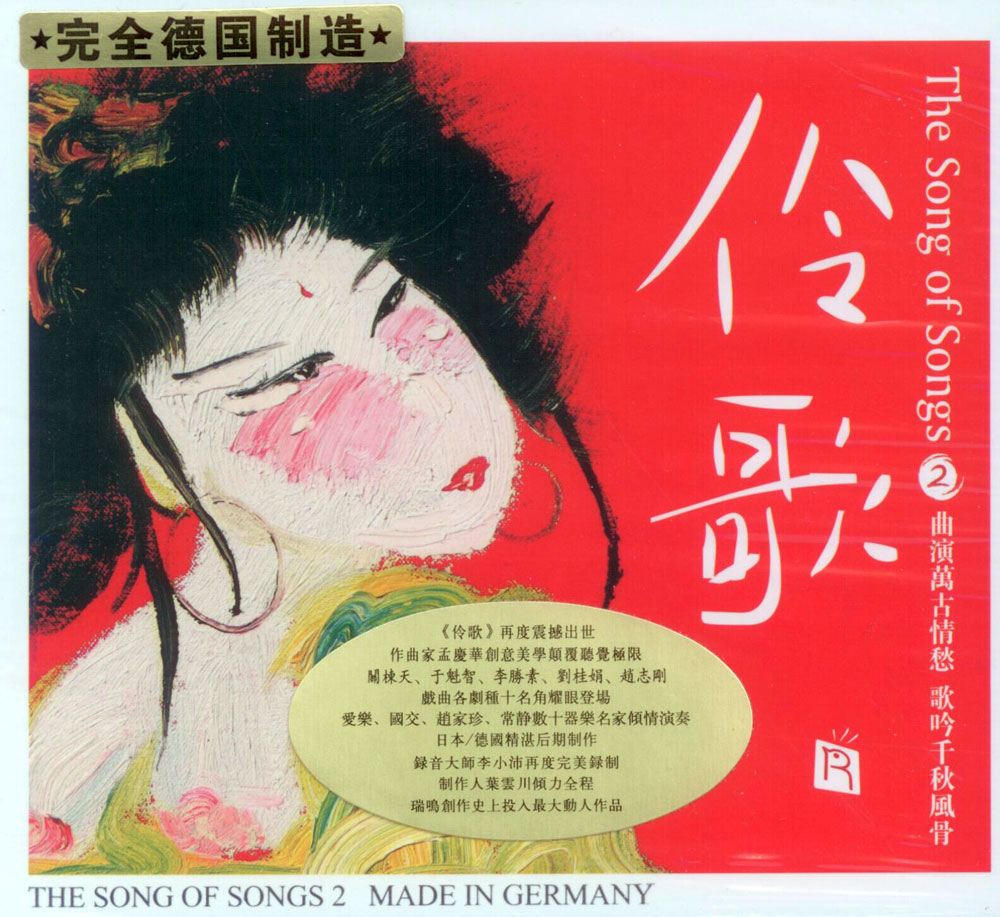
 >>> Płyty XRCD do odtworzenia we wszystkich typach czytników CD oraz DVD. Gwarantują niespotykaną wcześniej analogową jakość brzmienia, znakomitą scenę i wyjątkową przejrzystość oraz kolorystykę dźwięku. <<<
>>> Płyty XRCD do odtworzenia we wszystkich typach czytników CD oraz DVD. Gwarantują niespotykaną wcześniej analogową jakość brzmienia, znakomitą scenę i wyjątkową przejrzystość oraz kolorystykę dźwięku. <<<
 >>> Płyty XRCD do odtworzenia we wszystkich typach czytników CD oraz DVD. Gwarantują niespotykaną wcześniej analogową jakość brzmienia, znakomitą scenę i wyjątkową przejrzystość oraz kolorystykę dźwięku. <<<
>>> Płyty XRCD do odtworzenia we wszystkich typach czytników CD oraz DVD. Gwarantują niespotykaną wcześniej analogową jakość brzmienia, znakomitą scenę i wyjątkową przejrzystość oraz kolorystykę dźwięku. <<<
- 1 Mediation Of the Past at Chibi (Red Cliff), to the Tune of Nian Nu Jiao 4:55 >>> MP3 <<<
- 2 Sheng Sheng Man [Every Note Adagio] 4:10 >>> MP3 <<<
- 3 Guan Ju [Crying Ospreys] 3:08 >>> MP3 <<<
- 4 Reflection of the Moon on Lake Erquan 4:25 >>> MP3 <<<
- 5 Song Yue Rao [A Bright Moon Visible through the Pines] 3:54 >>> MP3 <<<
- 6 Happiness in the Palace - tothe tune of Plum Blossom 3:17
- 7 A Moonlit Night on the Spring River 4:21
- 8 Wind and Rain to the Homebound Boat 4:06
- 9 A Trip to Gusu/Suzhou Scenery 4:35
- 10 Shui Diao Ge Tou [The Moon Represents My Heart]/Prelude To Water Melody 3:51
- Meng Qinqhua - conductor
The Song Of Songs 2
>>> COVER B <<< To druga już część znakomitej antologii chińskich "przebojów" z rodzimych musicali. Chiński Andrew Lloyd Weber - Meng Qinghua zasłynął nie tylko świetnymi kompozycjami ale także oryginalną próbą połączenia chińskich tradycji muzycznych z zachodnią instrumentacją i orkiestracją. In 2008, a new art form, celebrating the fusion of China''s rich traditions of theater and narrative arts deftly combined with the traditions of the western European orchestral lied was born. Described by distinguished opera composer Meng Qinghua as "Ling Ge" (Literally, "clever songs" or "songs of actors and actresses"), Meng combined poetry, drama, recitation and music into a stunning new expression of cross-cultural beauty. His captivating musical experiment appeared on the Rhymoi recording, "Song of Songs." Two years later, Meng has added a new chapter to his book of Chinese orchestral song, with ten new explorations of the expressive possibilities of combining the musical arts and performing traditions - East and West, Ancient and Modern, scholarly and colloquial, intimate and universal - into a compelling artistic whole. In creating this new installment of his journey of cultural discovery, Meng has drawn upon a number of classics of Chinese poetry, as well as several newly composed verses set to well-known instrumental pieces. Of particular interest is Meng''s utilization of a number of China''s lesser-known performing arts traditions as inspiration for his unique settings. For his second collection of "Ling Ge", Meng Qinghua purposely chose poems and musical styles representative of both the Northern and Southern Chinese traditions. While Peking Opera has enjoyed dominance among the Chinese theatrical arts, it is only one among more than 600 varieties of regional operas and narrative and performing arts traditions. To realize his artistic goal, Meng has called upon the unique talents of artists who have specialized in these regional performing traditions as well as including texts in the local dialects to emphasize the rich, regional contrasts. One can hear the distinct characteristics of the sweet-toned Huangmei opera compared to the more strident and dramatic Peking Opera style. Similarly, the languorous sensuality of the southern Suzhou Pingtan provides a striking contrast to the rhythmic declamation of Beijing Dagu singing. Meng Quinghua embodies the spirit of the great classical Chinese artists of centuries past. More than half of the current program consists of original compositions, while other compositions freely drawn upon the models of masters past for inspiration. While committed to the "preservation of Chinese culture through utilization", Meng has consciously sought to redefine classical Chinese culture for the 21st century. Poems familiar to Chinese, such as “Guan Ju” - “Crying Ospreys” are given a mischievous new treatment, while Su Shi’s “Shui Diao Ge Tou", immortalized by Teresa Teng (and able to be heard at any Karaoke club in China...) is restored to its turbulent Song Dynasty origins. Even familiar instrumental melodies such as "Reflection of the Moon on Lake Erquan", "A Moonlit Night on the Spring River" and "A Trip to Gusu" are transformed in innovative new arrangements. Together, Meng Qinghua and Ye Yunchuan have assembled a colorful and varied ensemble of China''s most gifted and beloved singers of traditional opera: Guan Dongtian, Yu Kuizhi rank among the true "Helden Tenors" of Peking Opera; Li Shengsu brings a delightful charm to her "Mei Lanfang School" interpretations while Liu Guijuan faithfully represents the "Cheng Yanqiu School." Zhao Zhigang, the "Prince of Zhejiang Yue Opera" is resplendent, while "Queen of the Dan-Xian", Liu Xiumei ably demonstrates her mastery of this demanding art form. The beautiful Suzhou Pingtan scholar, Sheng Xiaoyun and the talented rising star of Bejing Dagu (Big Drum) narrative singing, Chong Yujie provide additional evidence of China''s rich and varied performing arts traditions. Two gifted young performers represent to the future of China’s vibrant performing arts tradition: the lovely Huangmei opera singer Li Wen - winner of the 2008 "Yan Fengying Prize" and a gold medal winner at the Huangmei Opera Actors Actresses competition, and the "Wonder Kid of Peking Opera", Tao Yang, who set the nation on fire when he performed on live TV when just seven years old! China''s preeminent sound engineer has once again provided his expertise, utilizing the world-class facilities at the China Central Television Station (CCTV)’s 480 square meter sound studio. Post-production and final 5.1 remastering was jointly performed by JVC-XRCD Mastering Center (Japan) and Stockfisch Studios (Germany), ensuring the flawless reproduction of every sonic detail.
